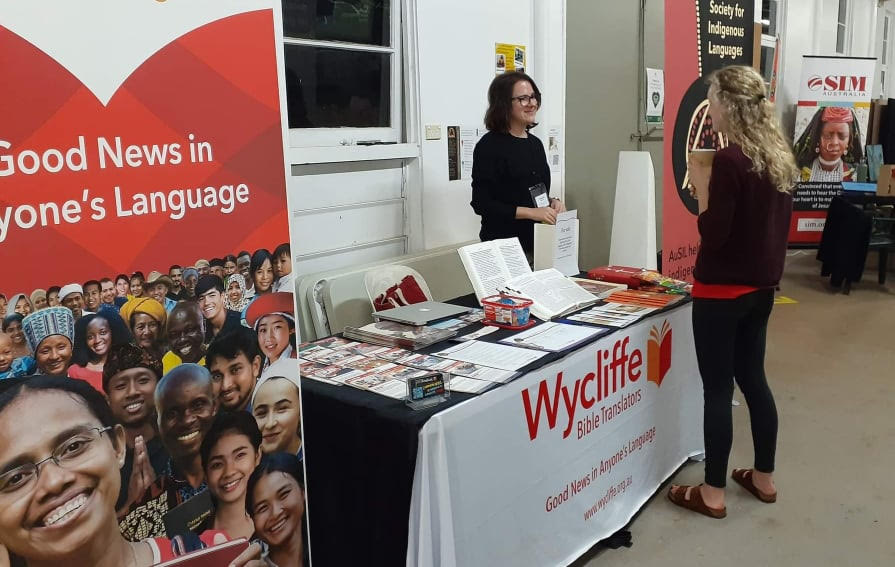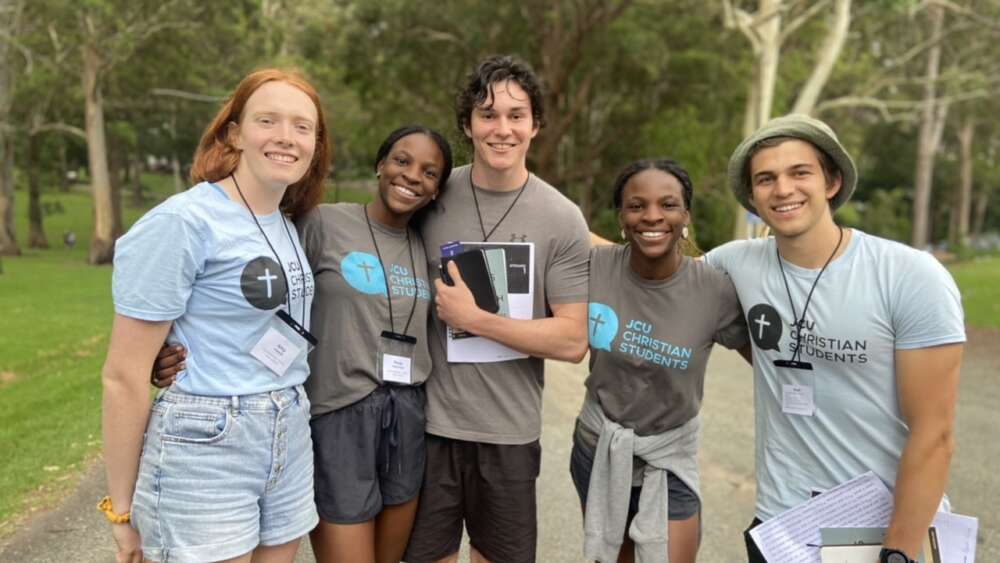Going beyond sorry to gratitude and giving back
I don’t know about you, but in my mind, the late ’90s were really not that long ago.
My first moment of feeling terribly old at Queensland’s National Training Event (NTE) came when I asked a roomful of undergraduates how many of them were alive on Australia’s inaugural National Sorry Day, 26 May 1998. A maximum of three hands went up in the 30-strong audience. The time has come to accept that I’m a full rung on the generational ladder above today’s university students.
For the record, I was gearing up to celebrate my 18th birthday on that date, and I have to confess its significance passed me by at the time – not least because I was living in England, and (did I mention?) gearing up to celebrate my 18th birthday.
Famously, it rather passed by then prime minister John Howard too. It would be another decade before the Australian government, under the auspices of Kevin Rudd, issued an official apology to the Indigenous peoples of Australia for the atrocities committed against them in the name of ‘assimilation’.
But alive or not in 1998, I believe the spirit of National Sorry Day has a claim on all of us who, through the heritage of white settlement, now call Australia home. Our history has a dark and grievous side, the impacts of which continue to be felt among Indigenous Australians to this day. In so many ways, we have benefited while they have lost out.
Sorry is good, but it is not the end of the story. The Bible encourages us to move beyond apology to restitution. How, then, might we play our part in ‘giving back’ to the First Nations from whom so much has been taken?
It was this question that I used to introduce my NTE elective session on ‘Indigenous mission in Australia’. I am far from claiming to have all the answers, and I’m acutely conscious of how easily I can fall into glib, paternalistic thinking on the issue. But since finding myself (in a somewhat unplanned chain of events) joining a Bible translation team in the Northern Territory earlier this year, I’ve mulled on the thought that to partner with Indigenous Christians for the cause of the gospel – doing ministry not ‘to’ or ‘for’ but alongside them – is one of the most profound ways we can show love, respect and conciliation to these our fellow Australians.

Susanna Baldwin talks to a student at NTE about Bible translations into Aboriginal languages.
With them, we are equal members of Christ’s body, each contributing our unique knowledge and skills to the God-given task of making and shaping disciples of the Lord Jesus.
My elective students impressed me with their engagement and thoughtfulness on this topic – as, indeed, they did the rest of the week. At the risk of reinforcing my self-proclaimed oldness, I have to say that ‘when I was their age’ I was not nearly so theologically sharp, self-reflective, or intentionally invested in my future service of God.
I chatted with young people who purposely picked their degree subjects with the thought of using their skills in a mission context later on. I sat in on a ‘strand group’ (Bible study) and watched group members wrestle intelligently with questions of Christian ethics that didn’t cross my mind until my third year at Bible college. I had lunch across from a young woman who had already mapped out a 20-year plan for her future study, work and missionary service.
In the end, I came to see that ‘giving back’ was already on the minds of these students long before I gave them my pep talk about Indigenous ministry. They are deeply aware that much has been given to them, and therefore much will be required. The nightly talks from Queensland Theological College principal Gary Millar, on the missional character and purposes of God, only served to reinforce that vision and calling.
Whether they will go on to serve on university campuses, in the workforce, in their churches and communities, as Bible translators (yes please!) or in any other kind of mission or ministry venture, these young men and women have humbly embraced the claim of the gospel on their lives and futures. They are eager to be good and faithful stewards of the priceless treasure that has been entrusted to them.
When the teaching sessions closed at around 9.30 each evening, the main auditorium erupted into a buzz of activity as students debriefed with each other, browsed the mission stands, and tracked down their campus leaders for further discussion and questions.
I had to call it quits by 10.15pm because, you know, I’m not as young as I used to be. But I can say I left each night of NTE deeply encouraged by what God is doing in this upcoming generation of gospel servants. I look forward with prayerful eagerness to see how they will take up the call to be Christ’s witnesses – in the enduring words of the conference tagline – ‘to the ends of the earth’.
Susanna Baldwin is a Bible translator with the Australian Society for Indigenous languages based in Darwin. She attended NTE in Brisbane from 6-10 December as a representative of Wycliffe Bible translators.
Email This Story
Why not send this to a friend?

